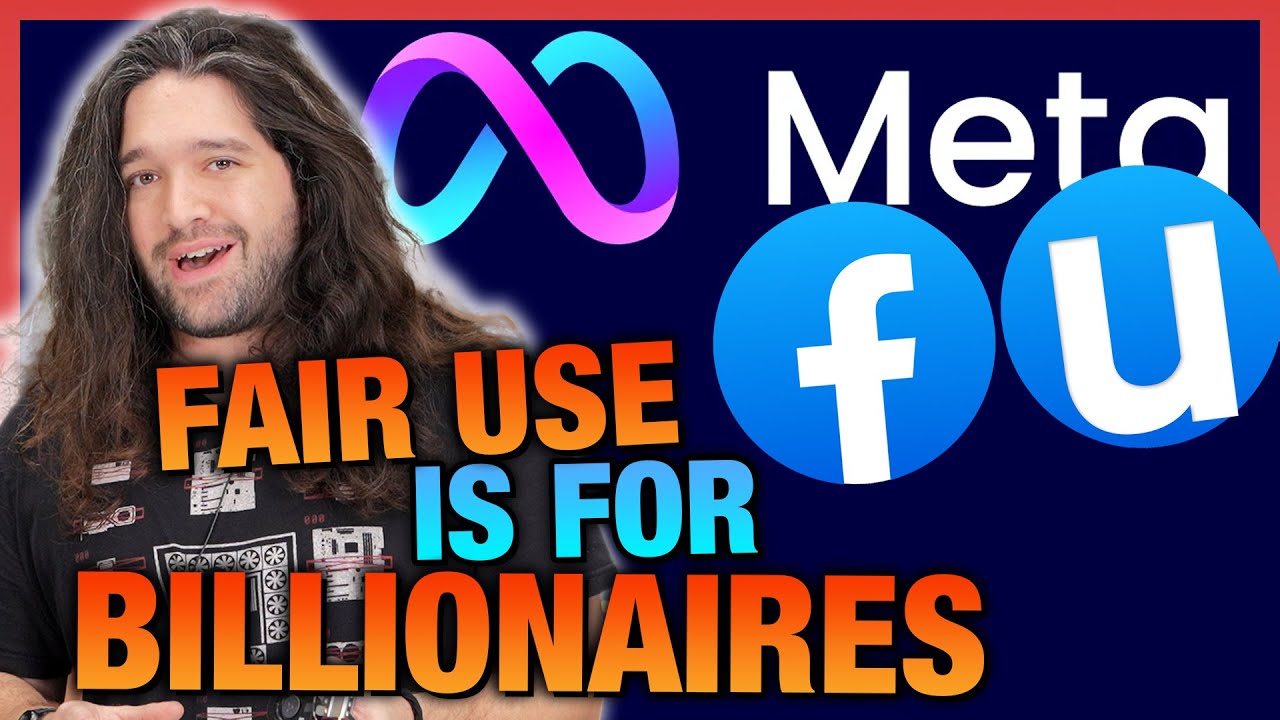If it still says like a few thousand comments, it is because the bans of the people who spam commented stuff didn’t make it to your server yet. Browsing this thread on lemmy.world just shows how many of them got removed
BentiGorlich
Beruflich Web-Entwickler, privat ein Ober Nerd und Links-Grün versifft…
Musik Liebhaber, von #kpop bis #metal alles dabei
Ansonsten bin ich auch gerne mit der Kamera unterwegs.
Entwickler und Maintainer von #mbin
ich bin auch auf mastodon: @BentiGorlich
Ich betreibe thebrainbin.org, gehirneimer.de und wehavecookies.social
- 5 Posts
- 57 Comments

 42·2 months ago
42·2 months agoHonestly as sad as it sounds I just think that they continue to treat huge corporations differently than individuals…

 3·2 months ago
3·2 months agoJust as a heads up: the Mbin devs are working on federating bans so you can view such info in the modlog of your instance and don’t have to look on the home instance of a magazine :)
very nice. I will give it a try as well (after the holidays though)
I don’t really understand the readme. Is the creation done in a cli or in the jellyfin UI?
I was missing this feature in jellyfin and this would be really great (I switched from plex which has it and I used it a lot 😅)
I think a lot of artists are on https://mastodon.art

 2·1 year ago
2·1 year agoWe can look at PeerTube for an example of a system that could be shaped into what I meant: when you look at a post (video) from peertube it links lists for likes, dislikes and shares (so basically upvotes, downvotes and boosts). These collections contain a
totalItemsproperty, but also list the peoples identities, but just imagine that it wouldn’t be there. When a user now likes the video, the creator of the video now sends out anUpdateacitivity to all subscribers. Now all subscribers can update the counts for likes, dislikes and shares. Only the “home instance” of the creator account knows about all votes, nobody else does, but nevertheless everybody else can now how many likes, dislikes and shares there are.If we compare that to mastodon the first part of the statement is still true:
Only the “home instance” of the creator account knows about all votes, nobody else does
But that means that most instances just show 0 likes for most of the posts, because your instance only knows about likes originating from your instance…
As for your proposition: I couldn’t follow for some of it. However I think the risk of an actor abusing the creation of fake accounts and fake upvoters is not really a risk, that is what defederation is for… I would argue very much agains a lemmy specific protocol and some judge instances simply because then big instances would just have pretty much all the data again and it would definitely hurt interoperability because lemmy devs can then just take the easier route instead of implementing something according to AP spec

 2·1 year ago
2·1 year agoYou cannot make votes completely private, one instance has to have the authority over which votes do exist. This instance should be the origin of a post or comment.
At the moment it works like this: you upvote a post, this upvote gets send to the author of said post AND the magazine and that magazine then broadcasts your upvote to all subscribers of said magazine.
I could imagine that the process looks a lot different: you upvote a post, this upvote gets send to the author of said post, the author of the post then sends an update to the magazine saying how many people have now upvoted their post and the magazine then broadcasts this info to every subscriber of the magazine.
With that you would of course have new limitations concerning moderation and maybe there are trust issues regarding the correct reporting of that upvote count, but only the author of the post (and their instance ofc) could technically know who upvoted their post. As in everything here this is a compromise and whether the gained privacy is worth the other limitations, I don’t know

 2·1 year ago
2·1 year agoUpvotes were already implemented when we did the fork. I guess we just never really thought about it. I honestly just have no opinion on whether upvotes should be public or not, so I don’t mind them being public, but I basically never check who upvoted my posts anyway, so might as well be removed… If people care about this I’d say it is just up for discussion…

 2·1 year ago
2·1 year agoI was actually the one removing it. I implemented the support for incoming downvotes and because I and others had concerns to keep showing remote users downvotes publicly we / I removed it.

 2·1 year ago
2·1 year agoThere was and is not anymore

 2·1 year ago
2·1 year agoOn mbin users can only see who upvoted a post. An admin can of course still go into the db and look there, but for users and mods there is no way to see who downvoted a post

 1·1 year ago
1·1 year agoThe same can be said about gmail and it is the same kind of problem here. Yes lemmy.world is not a profit orient it giant, but it is still a problem when one actor has this power over a federated network. (the scale of the problem is of course a lot larger with gmail)

 3·1 year ago
3·1 year agoto interact with it from mbin you gotta pull in the original post, so copy the url from this one and put it in the search bar

 1·1 year ago
1·1 year agoNope. That is not yet possible on mbin. Dislikes are received but not sended. I was holding back on implementing sending dislikes because that can’t be configured yet.

 2·1 year ago
2·1 year agoGive it a thumbs up so we know what to prioritize 😊
I’ve been focusing on the backend and federation stuff. But I promise that we will implement it this year :)

 2·1 year ago
2·1 year agoYou cloud give mbin a try its developers are nice people :) Although there is only one app for it (interstellar)
We do not have a “project fund” or something like that. Some of us have donation sites to keep the servers running:
- mine: https://liberapay.com/BentiGorlich
- @[email protected] https://kbin.run/about
- @[email protected] https://melroy.org/thanks.html
My opinion: I do not want to get paid to develop mbin. That creates an obligation and turns it into something like a job. I already have a job and intend to keep it, additionally I don’t want to take the fun out of developing mbin. To commit to it full time or apply for grants or anything would currently be a big mistake I think
That was the message that was pushed out when @[email protected] started the fork, because a lot of people were not particularly fond of the way he did it. We were trash talked a lot in the first months and obviously (and sadly) that kinda stuck on a lot of people.




Maybe, but definitely not more lax 😅